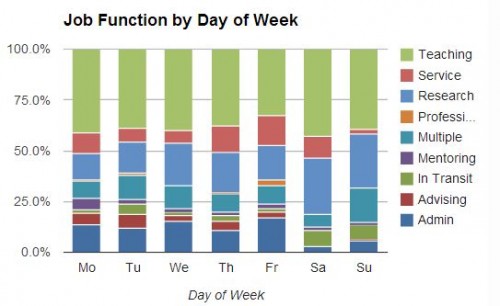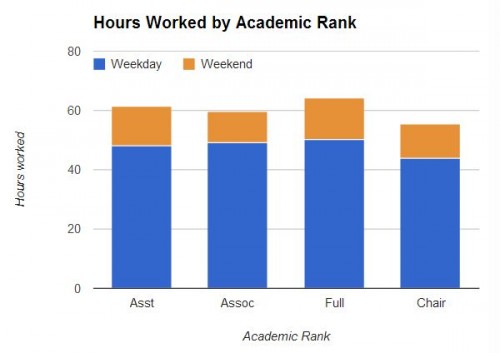Haven't done this in a while, but Harries has some quotes I want to remember, so here they are in my digital memory banks:
"Anamorphosis [the process in which changing your perspective reveals a previously hidden message or image] thus would seem to function as a metaphor for the world, which first presents itself to us as meaningless and confusing; only a change in point of view reveals its deeper order and meaning ... " -- p. 96
"But what Descartes must have found more significant is that such effects rest on a precise science. Magic has been replaced with optics; the demons that were supposed to have aided the magicians have been replaced with mathematical calculation." -- p. 109
"Reflection on this theological difference, more especially meditation on the infinity of God and his distance from finite human knowers, leads to a renunciation of the claim that the human being is capable of seizing the truth. Meditation on the infinite power of God thus readily leads to a certain cognitive resignation. A conceptual link thus joins late medieval nominalism and mysticism to Renaissance or Mannerist skepticism." -- p. 129
The Condemnation of 1277 in its critique of Aristotle allows the new hypotheses against Aristotle's belief that the earth does not move: "[God] is both the most remote and the most proximate cause." -- p. 133 "To save the omnipotence and freedom of God, the Condemnation of 1277 challenges both hierarchy and order. ... a collapse that paves the way for the more homogeneous conception of the cosmos that we meet almost two hundred years later in Cusanus and that was to triumph with the new science." -- p. 134
"In this connection it is interesting to note that the impetus theory, which appeals to the momentum of the moving object, first appears in a discussion of the effectiveness of the Holy Sacraments -- in a
Commentary on the Sentences of Peter Lombard by Franciscus de Marchia, in 1320." -- p. 135
"The climb up the mountain thus not only leads to a recognition of the human power of self-trancendence, but at the same time fills Petrarch with a profound sense of homelessness. Curiosity and homelessness belong together." -- p. 159
Paul III began the counter-reformation with the Council of Trent the same year that Copernicus's main work appeared: "Or is there perhaps a more intimate connection between the two, between a science that in the face of theological reservations has regained confidence in the human ability to know and a Church that, confronted with challenges to authority, had reformed itself? We should, at any rate, keep in mind that it was only in 1616 -- seventy-three years after its appearance -- that the Church placed
De Revolutionibus on the Index, where it remained until 1822. At first, opposition came more from the Protestant camp, including from Luther himself." -- p 230
Quoting Cicero: "In such a manner the philosophers may perhaps have been confused when they first beheld the world. However, as soon as they saw that its motions are finite and equable and every single one organized in a precisely calculated order and in immutable consistency, they were compelled to understand that there is someone in this heavenly and divine mansion who is not merely an inmate but a ruler and supervisor and, as it were, the architect of this huge work and monument." -- p.232
"The very fact that the Copernican system could effectively challenge the Ptolemaic, that Luther could challenge the traditional faith, that a Paracelsus could offer a new science of medicine intended to overthrow that of the ancients, shows to Montaigne the lack of clear, compelling evidence to settle such matters. Crucial to each skepticism is a thought he shares with Copernicus: the insight into the eccentric position of the human observer and knower. But, as I pointed out, part of the humanist faith of Copernicus is the confidence that this place is not a prison. And to this confidence Galileo adds another certainty, that the inadequacy of our senses need not be accepted as a natural condition: we can take steps to improve ourselves." -- p. 268
"For one, [nature] must be sufficiently stable. If nature were an ever-changing chaos, we would never get hold of it. If, for example, the way gravitation worked constantly changed, neither Kepler nor Newton could have formulated their laws. But what reason is there to believe that nature and her laws will not change? Time is thus one source of cognitive dread, threatening to undermine Cartesian confidence in the reliability of the cosmos. Another condition is that nature cannot be infinitely complex. It must be possible to interpret it as a manifold built up from a manageable set of elements we can comprehend." -- p. 288
"For as Nietzsche saw, the process that celebrates its triumphs in modern science and technology is necessarily attended by the specter of nihilism." -- p. 314
"A tendency toward self-displacement, toward self-decentering, would seem to be inseparably bound up with human freedom." -- p. 322
"A whole series of Copernican revolutions may have called into question our position at the center of the cosmos, but that questioning has not robbed us of our home." -- p. 324






